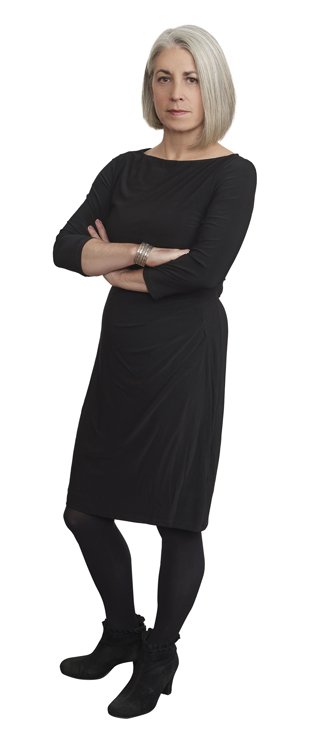In November, Mary Gannon, formerly the associate director and director of content for the Academy of American Poets, became the new executive director of the Community of Literary Magazines and Presses (CLMP). She succeeds Jeffrey Lependorf as the head of the organization, which since its founding in 1967 has provided literary presses and magazines across the United States with direct technical assistance, guidance on everything from audience building to fund-raising, and a platform through which publishers can connect with readers, writers, and one another. Prior to her tenure at the Academy of American Poets, Gannon was the editorial director of Poets & Writers (she is also married to Poets & Writers’ editor in chief, Kevin Larimer). As she prepared to step into her new position, Gannon spoke about CLMP’s potential, its place in the literary landscape, and the impact of independent publishing.

Mary Gannon (Credit: Tony Gale)
What is CLMP’s most important role?
Our main role is to help raise the organizational capacity of literary magazines and presses and to support them in whatever way that they need. But there is also a harder-to-define area of support that comes from creating the time and space for them to work together, have conversations, and discover the questions and problems that they, because they’re such a hardworking group, haven’t had time to think about. Intentional communication is a really valuable thing to help facilitate. We want to continue to make those spaces on a national level for members to collaborate, leverage one another’s strengths, and work toward this higher goal of making sure that literature thrives.
What are the most significant needs of small presses and literary magazines right now? Distribution is a challenge, so figuring out how CLMP can help literary publishers get their work out is important. How can we make sure that their magazines and books are being sold in bookstores and seen in major online bookselling venues, so that all the good work they’re doing is actually getting out there and connecting with people? I think the other challenge will be the fund-raising aspect of it—trying to make sure that CLMP has the resources it needs to provide the resources for the network that it serves.
Are there other challenges that you see on the horizon?
I think it is undeniable, especially with younger generations, that attention is shifting, and the way people learn and read is shifting, so making sure that publishers and producers of literary art are contending with that in a way that works for everybody is a challenge. I’m not really sure what that looks like yet, but it’s very interesting to me. Having said that, it’s also a really exciting time for independent and small publishing, because in the wake of the conglomeration of big publishers, it has created space for innovative, dedicated people to put together these projects that connect writers with audiences and make sure that literature is inclusive. Not to say that the big publishers aren’t also putting beautiful books and magazines into the world, but for a healthy ecosystem you need diversity. And I think that’s where the smaller publishers come into play.
Do you have any big plans for CLMP?
I have a few ideas, but one of the things I need to do first is make sure I am totally up to speed on what members’ needs are. Running a small press or literary magazine is really hard work, and people are driven to it because they’re passionate about it, and they have a serious commitment to and love of the art form. Because of them we have access to all these stories that transform our lives, help us contend with what it means to be human, and make us better citizens. That’s a beautiful thing, and they deserve to be supported in every way they can.
Cat Richardson is the editor in chief of Bodega. Her work has appeared in Ploughshares, Narrative, Tin House, and elsewhere.








